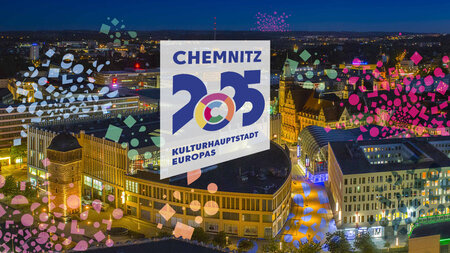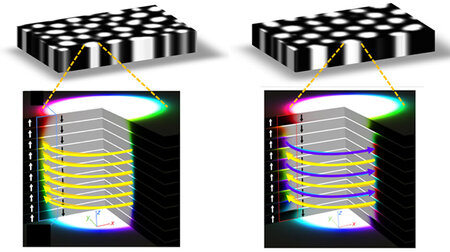
Sprecherinnen
 |
|
(Swiss Re) |
| "The importance of AI, data and technology in large companies - a personal travelog" |
| tba |
 |
|
(Universität Leipzig, ScaDS.AI) |
| "Machine Learning for Earth System Sciences - Potential and Challenges" |
|
The most pressing questions of our time involve a profound understanding and description of the impacts of climate change risks, including extreme weather events, biodiversity loss,and hazardous near-surface environmental processes. Machine Learning (ML) and big data analytics are becoming increasingly important in this context as most parts of the Earth system are continuously monitored by sensors, and ML is able to cope with both the volume of data and the heterogeneous data characteristics. For instance, satellites,drones, and sensor networks monitor the atmosphere, land, and ocean surfaces, including air, water, soils, rocks, and biodiversity or even the deep Earth’s interior, with unprecedented accuracy. Furthermore, citizen science projects collect data with smartphone apps and enrich our data archives. All in all, studying the Earth system and its challenges has become a data-intensive research problem. However, Earth System Science data is highly heterogeneous with fundamental differences in resolution, scale, and data type making common analysis a multimodal and multiscale problem from a computer science perspective. To enable Machine Learning that respects the characteristics of geo-data, our community pushes towards interoperable tools and workflows that go beyond traditional methods and allow for integration and common analysis of e.g., sensor data, in-situ measurements, remotely sensed images, or large atmospheric models. In this talk, I will provide an overview of the current developments at the cross-section of Machine Learning and Earth System Sciences, including potential and challenges. |
 |
|
(Humboldt-Universität zu Berlin) |
| "Nonsmooth optimization for machine learning" |
| tba |
 |
|
(Forschungszentrum Jülich) |
| "An Introduction to Large Language Models" |
| Large Language Models (LLMs) have revolutionized the field of artificial intelligence, enabling advanced text generation and understanding. This talk provides a concise overview of LLMs, focusing on their development, architecture, and implementation. We explain key concepts, and give details on the backbone of modern LLMs: the transformer architecture and its innovative attention mechanism. To be able to train these models on supercomputers, advanced parallelization techniques are needed. Recent advancements and promising trends are identified. Through the lens of the OpenGPT-X project, this presentation will highlight the collaborative efforts in developing multilingual, open-source LLMs. |
 |
|
(Universität Kassel) |
| "The Power of Graphs - Graph Neural Networks for an Effective Power Grid and the Optimization of Printed Circuit Boards" |
|
Graphs are ubiquitous in nature and can therefore serve as models for many practical but also theoretical problems. E.g. social networks, the power grid, or the network of internet providers are examples of graphs relevant to society. Thus, graphs are used increasingly in machine learning and data science. For example, data in graph form is used to predict the estimated arrival time in Google Maps and to predict interactions between compounds to find new drugs. The method most commonly used to deal with graph data, is graph neural networks. In this talk, I would like to give you a brief introduction to the concept of graphs, different graph types, as well as graph neural networks and then dive into two applications. First, the modeling of problems on the power grid. This is a topic highly relevant to decarbonization since it is not trivial to include increasingly many decentralized and weather-dependent sources of renewable energy into an effective power grid. And second, the automatic optimization of printed circuit boards. Printed circuit boards (PCBs) are used in all our electronic devices and so far their optimization takes a lot of time for an experienced engineer, while unoptimized PCBs lead to ineffective devices with a short life cycle. Since engineers are costly for companies and there is a shortage of engineers in the labor market, automatization is necessary. |
Karriere Panel
 |
 |
|
(Swiss Re) |
(Humboldt-Universität zu Berlin) |






